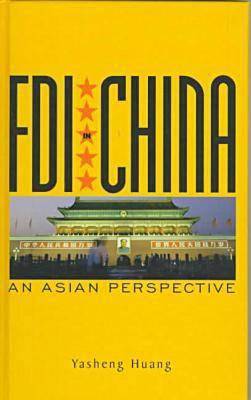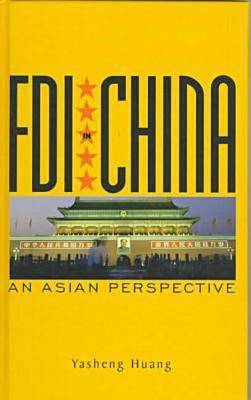
- Retrait gratuit dans votre magasin Club
- 7.000.000 titres dans notre catalogue
- Payer en toute sécurité
- Toujours un magasin près de chez vous
- Retrait gratuit dans votre magasin Club
- 7.000.0000 titres dans notre catalogue
- Payer en toute sécurité
- Toujours un magasin près de chez vous
Description
China is the largest recipient of foreign direct investment (FDI) among developing countries. This study compares China's FDI performance with a number of other Asian countries and focuses on the policy and institutional factors that lead to a large demand for FDI in China. The policy and institutional factors include import substitution, excess investment demand and features of China's FDI regulatory system.
This study shows that there are costs associated with such a high demand for FDI, including overbidding for FDI and the associated loss of Chinese bargaining power, large import demand, and the structure of the FDI at variance with Chinese official policies. This study also briefly discusses the foreign economic policy implications of China's FDI absorption and suggests some future research possibilities.
Spécifications
Parties prenantes
- Auteur(s) :
- Editeur:
Contenu
- Nombre de pages :
- 117
- Langue:
- Anglais
Caractéristiques
- EAN:
- 9789622018495
- Date de parution :
- 22-06-98
- Format:
- Livre broché
- Format numérique:
- Trade paperback (VS)
- Poids :
- 283 g

Les avis
Nous publions uniquement les avis qui respectent les conditions requises. Consultez nos conditions pour les avis.






